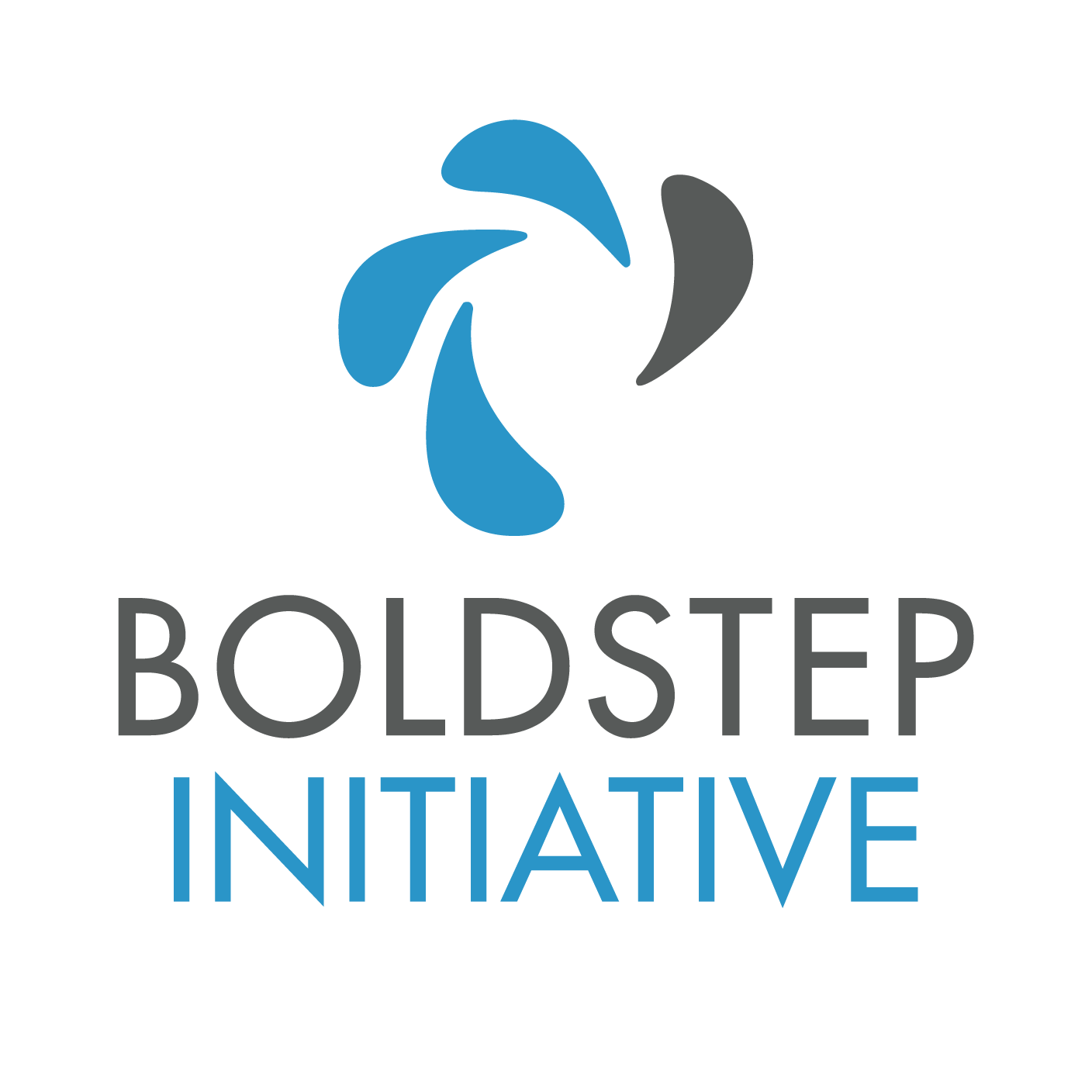This addresses the skills mismatch of youth by engaging training providers and private sector employers in offering training and work experience to targeted youth. It responds to Kenyan employers who assert that youth who come out of schools and training centers frequently lack the relevant work experience and competencies needed for employment.
This Component responds to the need for job creation with initiatives to help launch new businesses, improve the productivity and job creation potential of existing micro-enterprises and among self- employed youth, and support innovative approaches to improving job and earning opportunities among the hard-to-reach youth. It addresses key constraints and market failures that limit the demand for youth employment and their productivity once in employment.
The component responds to the problem of obtaining timely information about labor demand and supply, as well as career prospects in Kenya. It improves access to and the quality of labor market information for skills matching. Labor market information helps stakeholders / actors in the labor market to make decisions and formulate policies. This component will provide support to strengthen Kenya’s Labor Market Information System.
This component provides support for strengthening youth policy development, monitoring and evaluation. This component supports capacity building and lobbying initiatives to support legal frameworks that focus on youth policy development.
Life skills Training equips the Kenyan youth beneficiaries with adaptive and positive behavior that enable them to deal effectively with the demands and challenges of everyday life. Knowledge in itself does not always translate into behavior change. When combined with life skills and values in an enabling and supportive environment, change in behaviors, attitudes and eventually character is sure to happen. These life skills are not taught in the formal educational environment, but are essential for the workplace and life in general.
